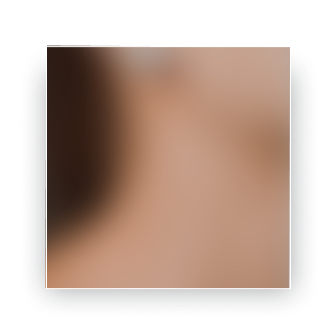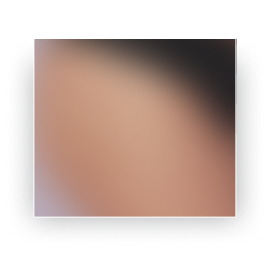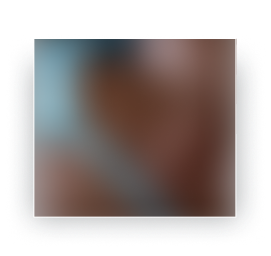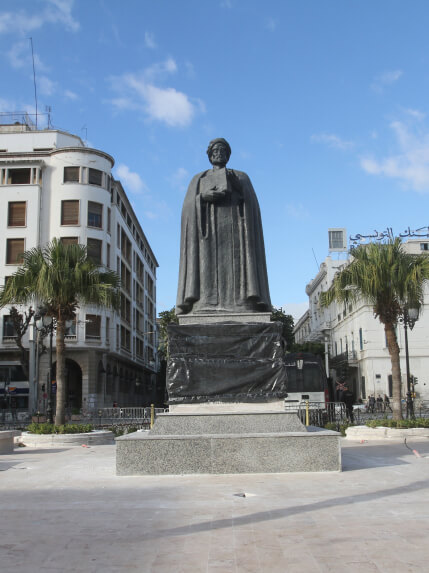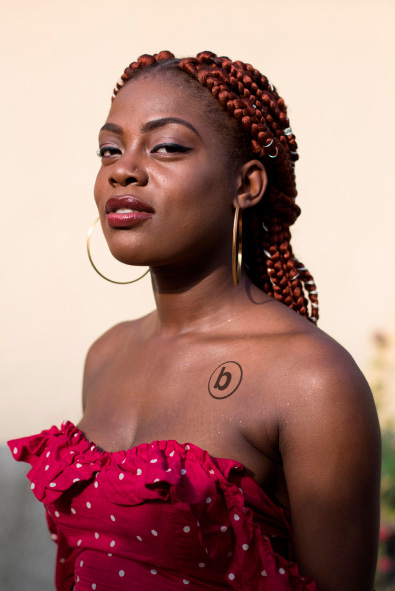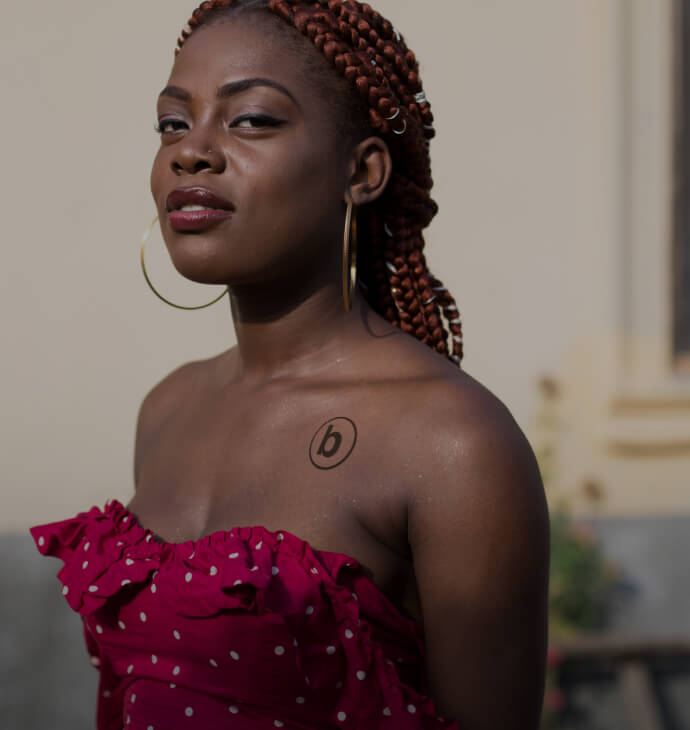Tunisia

When I was 23 years old, my Facebook account was hacked. The hacker created an account on a pornography website using my name, Photoshopped my face from Facebook photos onto naked bodies and began chatting with people and giving them my phone number.
I sent an email to the pornography website with a copy of my ID, and they removed the account, but after a while, I discovered that another account was created – not with my name – but my photos were there with the photos of other girls who apparently were victims of the same situation.
I felt like a cheap girl. I couldn’t sleep, and I could not focus on my studies. I started questioning everything and suspecting everyone around me. It was mentally hectic.
Sharing my story with others, including my family and people I knew, did not help a lot. Everyone showed empathy, but no one offered serious help. It stopped at “Wow! This is terrible,” then nothing more.
I solicited the police to uncover the aggressor’s identity, but the legal procedure was very long and costly, and back then I had no means to do it. Clear legal procedures need to be set urgently in this regard.
Some people blamed me for posting my photos on social media or blamed me for chatting and not deleting the conversations. I did not respond. Under patriarchy, women are always blamed, and it is not easy to change this mindset. It is a mentality that needs to be addressed by raising awareness, which will take many long years.
“I became more powerful in that I started to care less for what people say.”
I eventually convinced myself that ignoring it would bring me peace.
I became more powerful in that I started to care less for what people say. I also learned to be careful with my use of social media. I share less personal information, my posts are private and I secure my accounts by changing my passwords frequently. I also stopped accepting people I don’t know on my friends list and messaging private stuff on chat platforms like Messenger and WhatsApp. I make calls instead.


